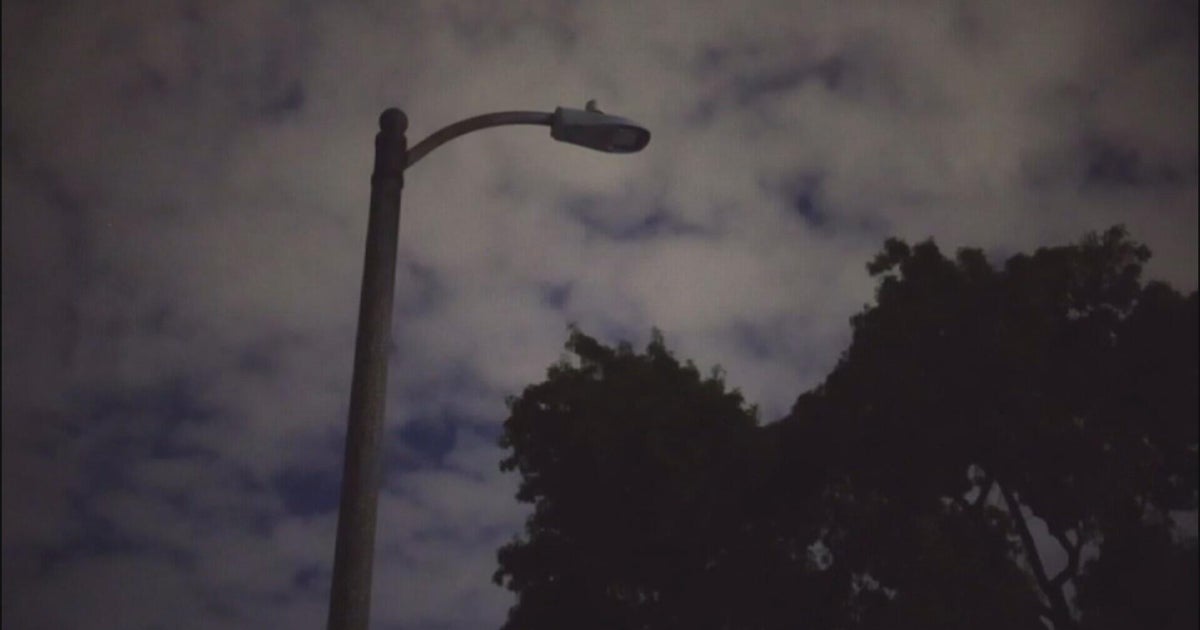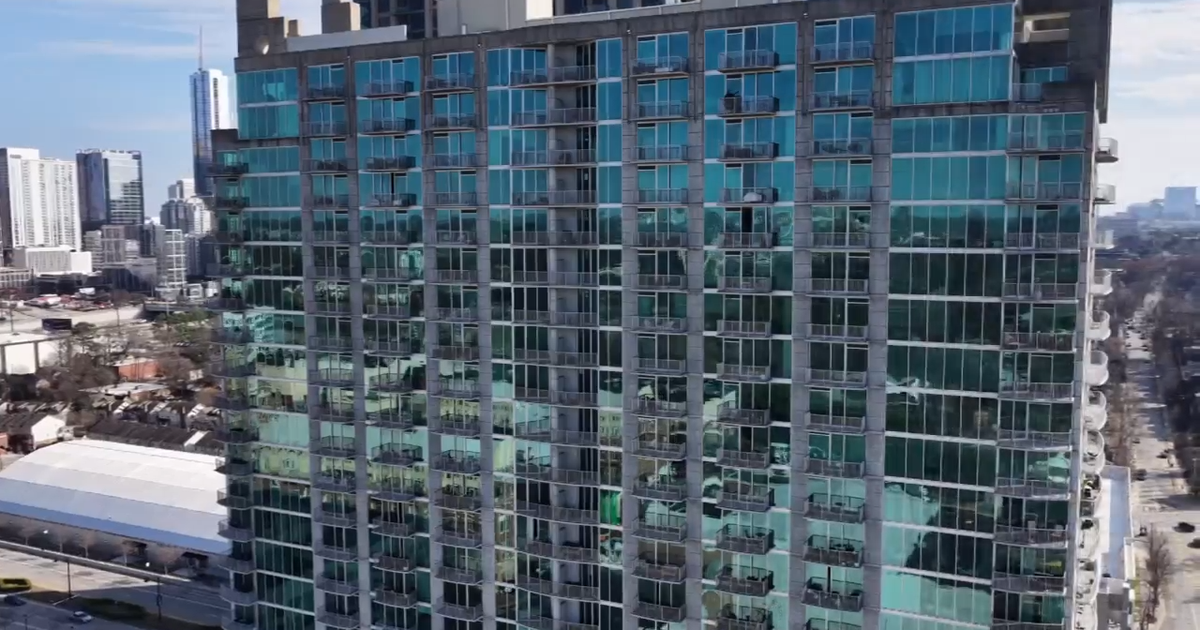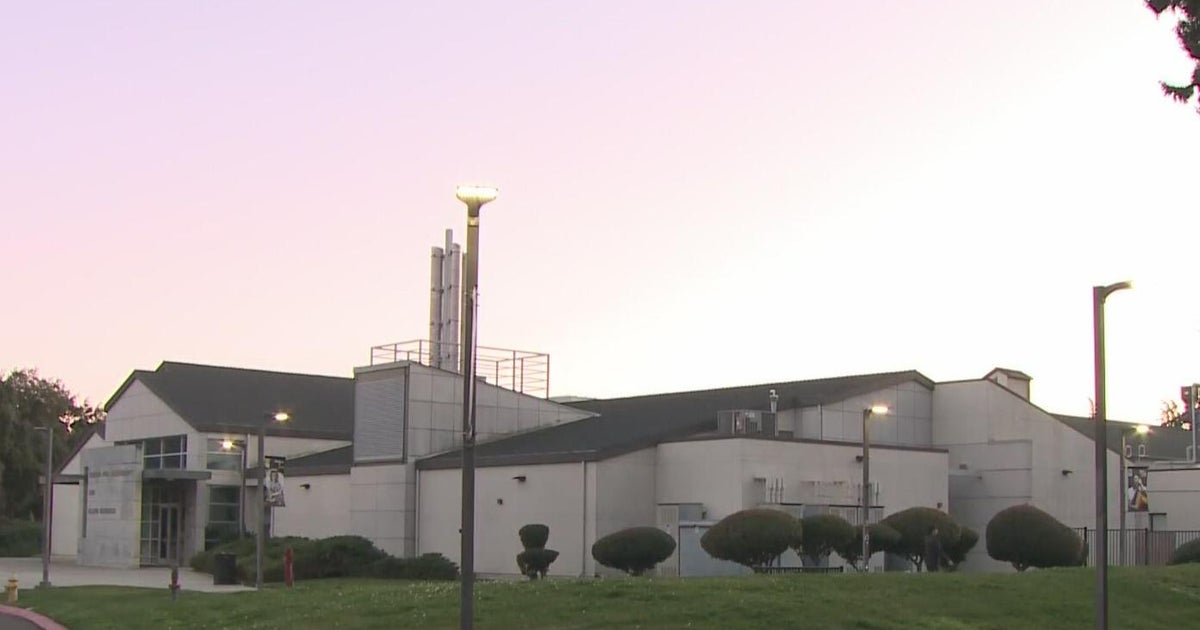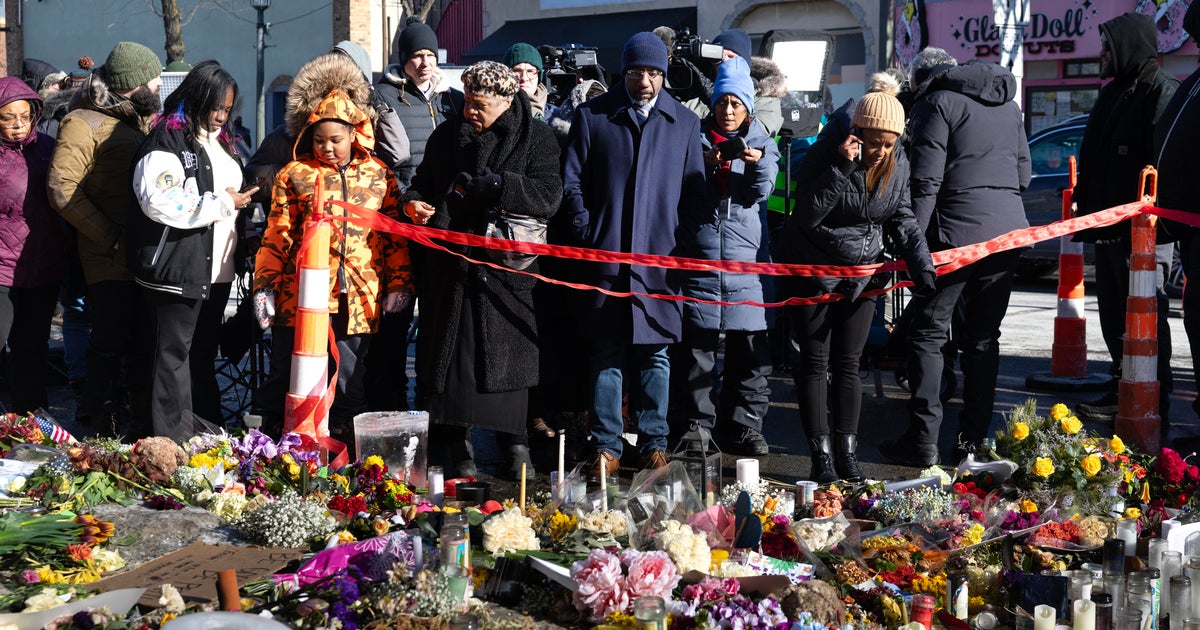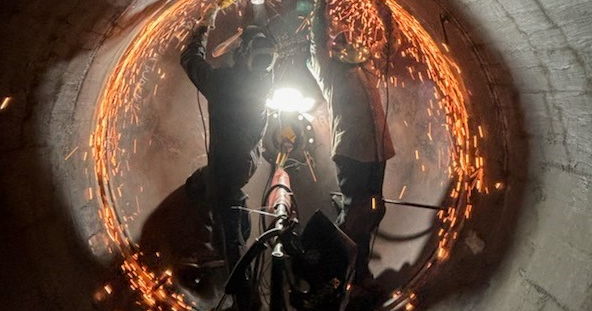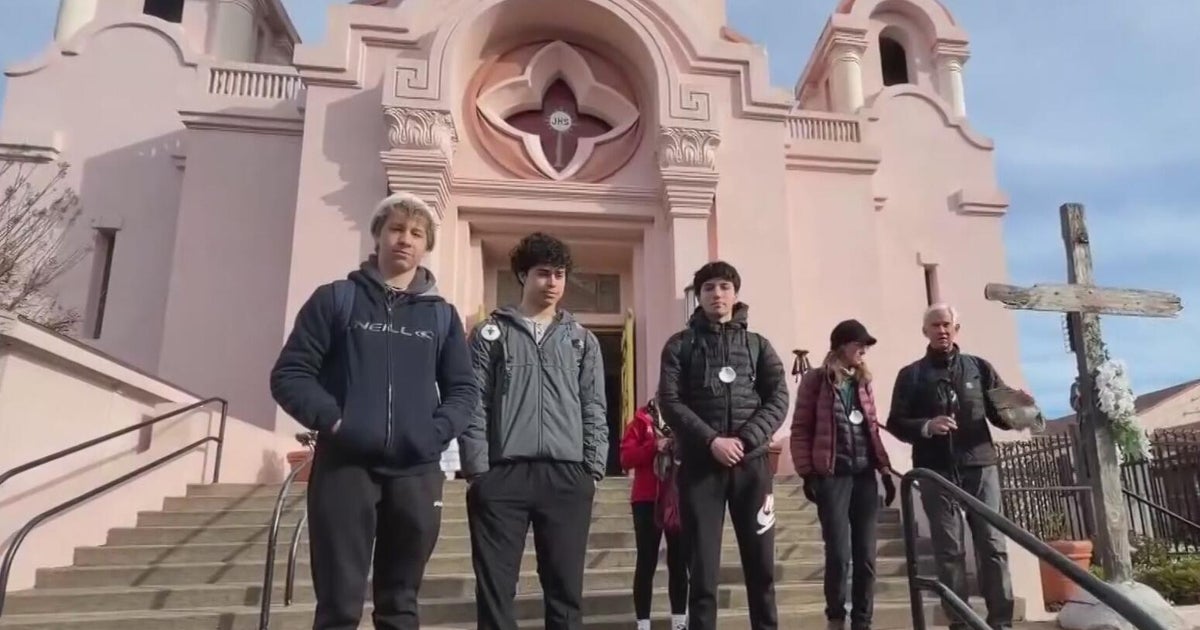Environmentalists Praise Fed Ruling On San Onofre
LOS ANGELES (AP) —A federal panel Monday sided with environmentalists who have called for lengthy hearings on a plan to restart the ailing San Onofre nuclear power plant — a decision that further clouds the future of the twin reactors.
The plant between San Diego and Los Angeles hasn't produced electricity since January 2012, after a small radiation leak led to the discovery of unusual damage to hundreds of tubes that carry radioactive water.
The NRC has been considering whether to allow Unit 2 to restart and run at reduced power, which engineers from plant operator Southern California Edison believe will stop vibration that damaged tubing.
Friends of the Earth, an advocacy group critical of the nuclear power industry, argued that the plan to restart San Onofre's Unit 2 reactor is a change to the plant's operating license, which requires an extended, court-like hearing.
The Nuclear Regulatory Commission's Atomic Safety and Licensing Board agreed. The three-member board concluded that the restart would allow Edison "to operate beyond the scope of its existing license."
Sen. Barbara Boxer, D-Calif., praised the board's move, saying in a written statement that it was a "sound ruling setting a legal framework for a full public hearing before any final decision on the restart of the San Onofre nuclear power plant is made."
"It is a comfort to me that the safety board stood up for what is right," Boxer said.
There was disagreement, however, over the reach of the ruling, which came amid a series of complex investigations at the plant.
Friends of the Earth spokesman Damon Moglen said in a statement that the ruling is "a complete rejection of Edison's plan to restart its damaged nuclear reactors." The group said the reactors cannot be restarted until NRC "holds a formal license amendment proceeding with full public participation."
But a statement issued by the NRC characterized the ruling by the panel, an independent arm of the agency, as only a partial win for the environmental group.
NRC spokesman Scott Burnell said the board found that the group hadn't provided enough information for the three-member panel to initiate a hearing and, accordingly, concluded its role in the case.
"They didn't give enough meat for the board to chew on," Burnell said. "At the same time the board says, 'Yes, there should be a hearing,' ... they said the hearing is terminated."
Burnell said a separate proceeding by NRC staff reviewing the restart plan will continue.
The board's ruling can be appealed.
Edison had no immediate comment.
Last month, SCE's parent, Edison International, raised the possibility of retiring the plant if it can't get one reactor running later this year. The company also disclosed that costs tied to the long-running shutdown had hit $553 million.
With mounting costs and questions about whether the plant can restart and who picks up the tab, "there is a practical limit to how much we can absorb of that risk," Edison Chairman Ted Craver Craver told Wall Street analysts.
Edison wants to run the Unit 2 reactor at no more than 70 percent power for five months, which it projects will stop damage to tubing in its steam generators. However, the board's ruling called the plan an "experiment."
The problems at San Onofre center on steam generators that were installed during a $670 million overhaul in 2009 and 2010. After the plant was shut down, tests found some generator tubes were so badly eroded that they could fail and possibly release radiation, a stunning finding inside the nearly new equipment.
The generators, which resemble massive steel fire hydrants, control heat in the reactors and operate something like a car's radiator. At San Onofre, each one stands 65 feet high, weighs 1.3 million pounds and has 9,727 U-shaped tubes inside, each 0.75 inch in diameter. Hundreds of the tubes have been taken out of service because of damage or as a preventative step.
The trouble began Jan. 31, 2012, when the Unit 3 reactor was shut down as a precaution after a tube break. Traces of radiation escaped at the time, but officials said there was no danger to workers or neighbors. Unit 2 had been taken offline earlier that month for maintenance, and investigators later found unexpected wear on hundreds of tubes inside both units.
In June, a team of federal investigators announced that a botched computer analysis resulted in design flaws that are largely to blame for the unusual tube wear. Overall, investigators found wear from friction and vibration in 15,000 places, in varying degrees, in 3,401 tubes inside the four generators.
Decaying generator tubes helped push San Onofre's Unit 1 reactor into retirement in 1992, even though it was designed to run until 2004.
San Onofre is owned by SCE, San Diego Gas & Electric and the city of Riverside.
(© Copyright 2013 The Associated Press. All Rights Reserved. This material may not be published, broadcast, rewritten or redistributed.)

